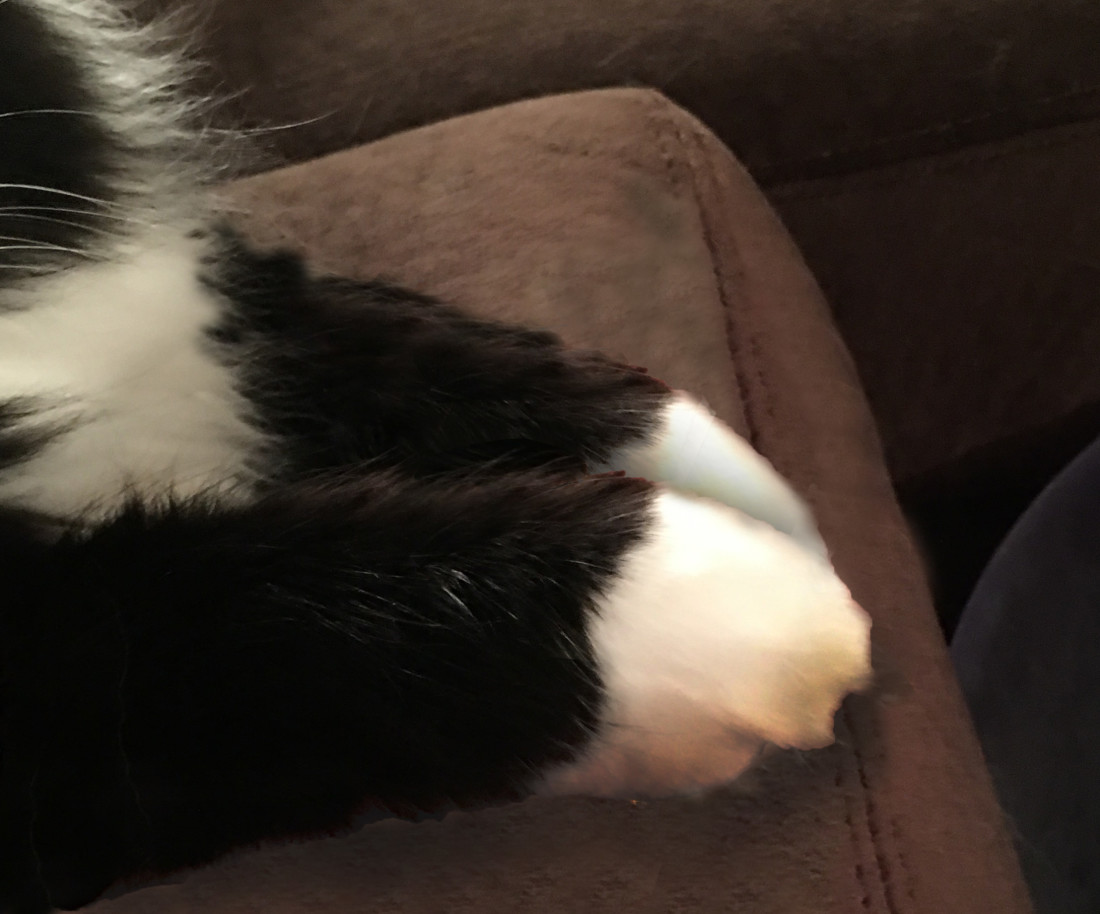Contact Us
Categories
- SCOTUS
- FTC
- Emotional Support Animals
- Service Animals
- Employee Agreement
- Remote Work
- Federal Trade Commission
- LGBTQ
- Minors
- United States Department of Justice ("DOJ")
- Arbitration
- Work from Home
- Workplace health
- Intellectual Property
- Trade Secrets
- Corporate
- Americans with Disabilities Act ("ADA")
- Center for Disease Control
- FFCRA
- Opioid Epidemic
- Occupational Safety and Health Administration (“OSHA”)
- COVID-19
- Families First Coronavirus Response Act
- H.R.6201
- Health Care Law
- IRS
- Paid Sick Leave
- Temporary Leave
- Treasury
- Coronavirus
- Worker Misclassification
- Labor Law
- Overtime
- Kentucky Unemployment Insurance Commission
- Sexual Harassment
- FMLA Retaliation
- Overtime Rule
- Employer Wellness Programs
- Employment Non-Discrimination Act ("ENDA")
- Genetic Information Nondiscrimination Act ("GINA")
- Independent Contractors
- Kentucky minimum wage
- Minimum wage
- Paid Time Off ("PTO")
- Sick Employees
- Wage and Hour
- ADA Amendments Act of 2008 (“ADAAA”)
- Adverse Employment Action
- Department of Labor ("DOL")
- Employee Benefits
- Employee Handbook
- Employee Misconduct
- Employment Discrimination Laws
- Employment Law
- ERISA
- Fair Labor Standards Act (FLSA)
- Family and Medical Leave Act (“FMLA”)
- Human Resource Department
- Kentucky Civil Rights Act (“KCRA”)
- National Labor Relations Act (NLRA)
- National Labor Relations Board (NLRB)
- OSHA
- Overtime Pay
- Pregnancy Discrimination Act
- Social Media
- Social Media Policies
- Title VII of the 1964 Civil Rights Act
- U.S. Department of Labor
- Uncategorized
- Union
- Young v. UPS
- Amazon
- Americans with Disabilities Act
- Bring Your Own Device
- BYOD
- Civil Rights
- Compliance
- Department of Health and Human Services
- EEOC
- Federal contractors
- Portal-to-Portal Act of 1947
- Security Checks
- Security Screening
- U.S. Equal Employment Opportunity Commission (“EEOC”)
- U.S. Supreme Court
- Volunteer
- Cloud
- Creech v. Brown
- EEOC v. Hill Country Farms
- Equal Employment Opportunity Commission v. Kaplan Higher Education Corp.
- Kentucky Labor Cabinet’s Occupational Safety and Health Program (KOSH)
- Lane v. Franks
- Micro-unit
- Non-exempt employees
- Specialty Healthcare & Rehabilitation Center of Mobile
- "Ban-the-box"
- 2013)
- Berrier v. Bizer
- Bullying
- Citizens United v. Federal Election Commission
- Companionship services
- Compensatory time off
- Conestoga Woods Specialties v. Sebelius
- Consumer Credit Protection Act (“CCPA”)
- Crystalline Silica
- Davis-Bacon and Related Acts
- Drug-Free Workplaces
- Earnings
- Ehling v. Monmouth-Ocean Hospital Service Corp.
- Federal Stored Communications Act (“SCA”)
- Home Health Care Workers
- Illness and Injury Reports
- Job applications
- Jury duty
- Kentucky Department of Workers’ Claims
- Kentucky Wage and Hour Act
- Maternity Leave
- McNamara O’Hara Service Contract Act
- Mine Safety and Health Administration ("MSHA")
- NFL Bullying Scandal
- Northwestern
- Payroll
- Permissible Exposure Level ("PEL")
- Sebelius v. Hobby Lobby Stores
- Senate Bill 157
- Shazor v. Prof’l Transit Mgmt.
- Violence
- Wage garnishment
- Web Content Accessibility Guidelines
- Whistleblower
- WorkSmart Kentucky
- At-will employment
- Chapter 11 Bankruptcy
- Chenzira v. Cincinnati Children’s Hospital Medical Center
- COBRA
- Defamation
- Defense of Marriage Act (“DOMA”)
- EEOC v. Fabricut
- EEOC v. The Founders Pavilion
- Employee Forms
- Employee Hazards
- Employee of the Month Programs
- Employee Training
- Employer Group Health Plans
- Employer Mandate
- Employment Practices Liability Insurance
- Endorsements
- Federal Workplace Agencies
- FICA
- Form I-9
- Freedom of Speech
- Gatto v. United Airlines and allied Aviation Services
- Giant Food LLC
- Government employees
- Government shutdown
- Health-Contingent Wellness Programs
- HIPAA
- KYSHRM 2013
- Litigation
- Madry v. Gibraltar National Corporation
- Mandatory vaccination policies
- Medical Exams
- Megivern v. Glacier Hills Incorporated
- Motivating Factor
- Obesity
- Online Account Protection
- Online Defamation
- Participatory Wellness Programs
- Pennington v. Wagner’s Pharmacy
- Pension Plans
- Play or Pay
- Private employers
- Record Retention
- Reference checks
- Sequester
- Severance Pay
- SHRM
- Small Business Administration (SBA)
- Social Media Ownership
- Supervisor
- Supplemental Unemployment Compensation Benefits
- Tangible employment actions
- Tax Refund
- Telecommuting
- Title VII retaliation cases
- Troyer v. T.John.E Productions
- U.S. Citizenship and Immigration Services
- Unfair Labor Practice
- United States v. Quality Stores
- United States v. Windsor
- University of Texas Southwestern Medical Center v. Nassar
- Vance v. Ball State University
- Contraceptive Mandate
- Crisis Management
- Employee Arrests
- Employee photographs
- House Labor and Industry Committee
- Job Description
- Job Requirement
- Kentucky’s Whistleblower Act
- KRS 391.170
- Labor and Pensions ("HELP")
- Municipal Liability
- Patient Protection and Affordable Care Act
- PhoneDog v. Kravitz
- Posting Requirements
- Public Sector Liability
- Religious Employer
- Right to Work Bill
- Social Networking Online Protection Act (SNOP)
- Social Privacy Laws
- Strategic Enforcement Plan (SEP)
- White v. Baptist Memorial Health Care Corp.
- Wilson v. City of Central City
- Workplace Politics
- Business Insurance
- Class Action Waivers
- Criminal Background Checks
- Employee Performance Reviews
- Employee Personnel Files
- Federal Arbitration Act (FAA)
- Federal Department of Labor
- Hiring and Firing
- Hosanna-Tabor Opinion
- Informal Discussion Letter (“EEOC Letter”)
- Insurance Coverage
- Kentucky Labor Cabinet
- National Labor Relations Act
- Retaliation by Association
- Salary Threshold
- Unemployment Benefits
- Workplace Discrimination, Harassment and Retaliation
- Communications Decency Act
- Employee Contracts
- Internet & Media Law
- Internet Defamation
- Non-Compete Agreement
- Uniformed Services Employment and Reemployment Rights Act
- USERRA
FMLA Retaliation in a Cat's Paw
FMLA (Family Medical Leave Act) retaliation law expanded in 2017 – about the size of a cat’s paw, which, in this instance, is pretty big. “Cat’s paw” here describes a situation where someone other than an employment decision-maker convinces (or dupes) the decision-maker to take an adverse employment action against another employee. (For those unfamiliar with the phrase, “cat’s paw” is derived from a fable wherein a monkey tricks a cat into pulling roasted chestnuts out of a fire for it to eat, burning the cat’s paws in the process. The phrase is used to describe situations where one person is unwittingly used by another for the other’s purposes.) When this is done with retaliatory intent, is the employer then liable under FMLA for retaliation? The answer, according to the Sixth Circuit Court of Appeals (this federal circuit covers Kentucky), is “yes” in the case of Marshall v. Rawlings.

Marshall took FMLA leave from the Rawlings Company twice for mental health issues, and ultimately took some intermittent FMLA leave. She was demoted and ultimately fired. The decision-makers for both these actions were not aware that she had taken FMLA leave, but she had reported harassment and hostility by an immediate supervisor and a vice president, both of whom reported to the decision-makers. She sued alleging FMLA retaliation, and while the trial court ruled for the Rawlings Company on all claims, the Sixth Circuit Court of Appeals adopted cat’s paw liability, sending the case back down for further proceedings. Under this theory of liability, an employer is liable for retaliatory employment actions even if the adverse decision-maker had no retaliatory intent so long as the decision was influenced by others who do. Since the demotion and firing may have been influenced by actors with retaliatory intent (the supervisor and the vice president), the Rawlings Company may be liable for retaliation under FMLA.
What makes this case both interesting and alarming for employers is that this type of liability overrides the “honest belief” rule – in a discrimination or retaliation case, an employer cannot be held liable for incorrect employment decisions if the employer had an honest belief that these decisions were correct. The takeaway here is that employers and supervisors must conduct independent investigations and come to their own conclusions, rather than rely on the word of others, lest they get snared by the cat’s paw.

Cynthia L. Effinger, a Senior Attorney with McBrayer, is located in the firm’s Louisville office. Ms. Effinger’s practice is concentrated in the areas of employment law and commercial litigation. Her employment law practice is focused on drafting employment manuals and policies, social media, wage and hour, non-compete agreements and workplace discrimination. Ms. Effinger can be reached at ceffinger@mcbrayerfirm.com or (502) 327-5400, ext. 2316.
Services may be performed by others.
This article does not constitute legal advice.

